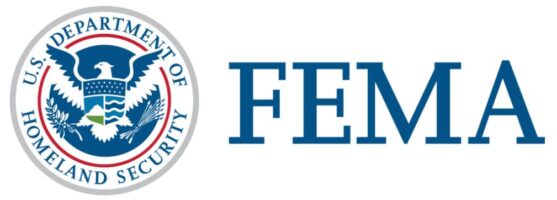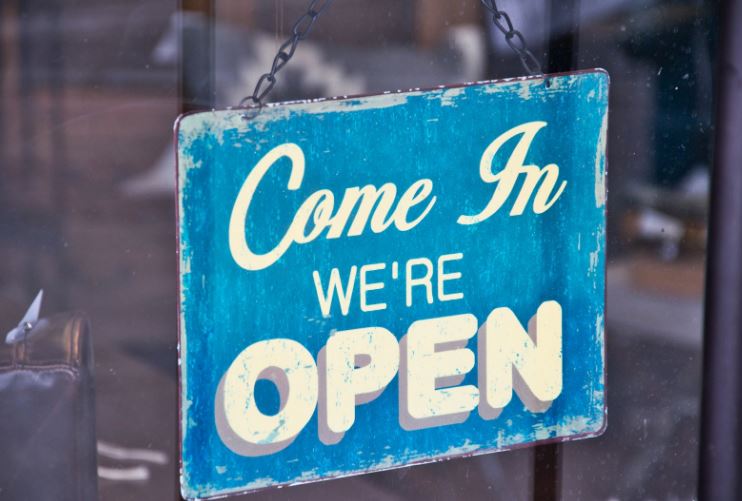Governor and Headspace Launch ‘Stay Home, Stay MIndful’ Website
Governor Whitmer and Headspace Launch ‘Stay Home, Stay MIndful’ website to Offer Free Mental Health Resources During COVID-19 Pandemic
FOR IMMEDIATE RELEASE
April 17, 2020
Contact: press@michigan.gov
Governor Whitmer and Headspace Launch ‘Stay Home, Stay MIndful’ website to Offer Free Mental Health Resources During COVID-19 Pandemic
The website offers meditation and mindfulness content curated for Michiganders at no cost
LANSING, Mich. — Today, Governor Gretchen Whitmer announced the Stay Home, Stay MIndful website in partnership with Headspace, a global leader in mindfulness and meditation, and the Michigan Department of Health and Human Services (MDHHS) to provide a new mental health resource for Michiganders to access for free during the COVID-19 pandemic facing both the state and nation.
Starting today, Michiganders across the state can access a specially-curated collection of science-backed, evidence-based guided meditations, along with at-home workouts that guide people through mindful exercises, sleep and kids content to help address rising stress and anxiety. Available at www.headspace.com/MI an internet connection is the only thing that is needed to access these tools to while you stay home and stay safe.
“Michiganders have faced an unprecedented crisis over the past month, and in these uncertain times having access to mental health resources is crucial,” said Gov. Whitmer. “That is why I am proud to partner with Headspace, I know this science-based resource will be valuable during this challenging time. This virus has taken a toll on Michiganders’ physical and mental health. While we all stay home and stay safe, it is so important take the time to check in and take care yourself. Michiganders are tough, but having access to tools like this one will help us all get through this together.”
In 25 published studies in some of the leading mindfulness peer-reviewed journals, Headspace has been shown to have favorable outcomes of interventions including reduced stress, increased compassion, and decreased aggression. Headspace has also worked to make its digital mental health tools more accessible to those who need it most during the COVID-19 pandemic from healthcare providers, educators, caregivers, businesses and people around the world.
“While Michiganders are working together to take the necessary steps to safeguard their physical health and safety, it’s also critical that we protect our mental health,” said Rich Pierson, co-founder and chief executive officer of Headspace. “We want to be there for the people of Michigan and do our small part in helping them cope with rising levels of stress and anxiety during this public health crisis. That’s why we’re humbled to partner with Governor Whitmer on increasing access to mental health resources for folks across the state.”
“We’re delighted to partner with Headspace and offer Michiganders another valuable resource to help them navigate this challenging time,” said Robert Gordon, MDHHS director. “The COVID-19 pandemic poses a threat to not only physical but also mental health, and so it’s important that we do everything we can to support individuals in both areas.”
Today’s announcement follows additional steps MDHHS has taken to provide mental health resources during the COVID-19 pandemic, including the recently launched warmline that connects Michiganders living with persistent mental health conditions to certified peer support specialists. The warmline operates 10 a.m. to 2 a.m., seven days a week at 888-PEER-753 (888-733-7753). The department has also published several guides in support of the emotional health of older adults, children, health care providers, first responders and others who may have unique needs when processing the impacts of this pandemic. Those can be found on the Resources section of MDHHS coronavirus website.
Information around this outbreak is changing rapidly. The latest information is available at Michigan.gov/Coronavirus and CDC.gov/Coronavirus.




